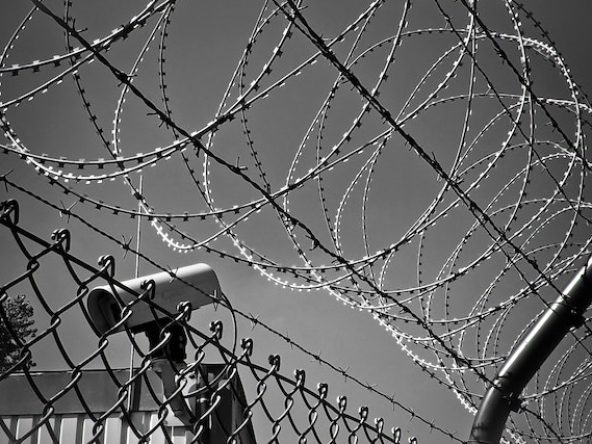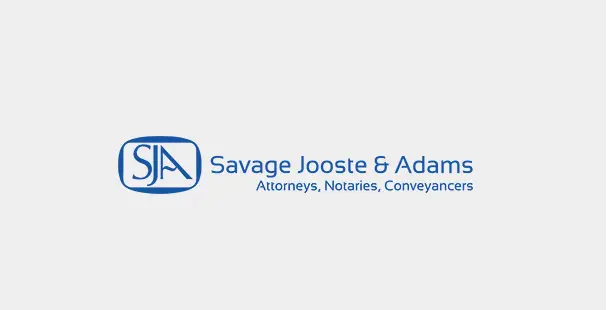Buying or selling a property in South Africa involves a number of legal processes that can be complex and time-consuming. It is important for both buyers and sellers to understand the legal process of buying or selling a property in South Africa. In this article, we’ll take a closer look at the legal process of buying/selling a property in South Africa.
- Offer to Purchase The first step in buying or selling a property is to make an offer. This offer is typically made in writing and includes details such as the purchase price, deposit amount, and any other conditions of the sale. Once the offer is accepted, the parties move on to the next stage of the process.
- Sale Agreement The sale agreement is a legally binding contract that outlines the terms and conditions of the sale. This agreement typically includes details such as the purchase price, payment terms, and any conditions of the sale, such as inspections or repairs. Both the buyer and the seller must sign the sale agreement, and it is typically prepared by an attorney or conveyancer.
- Transfer of Ownership The transfer of ownership is the process of transferring the legal title of the property from the seller to the buyer. This process is typically facilitated by a conveyancer or attorney and involves a number of legal and administrative tasks. The conveyancer will prepare the necessary transfer documents and ensure that all legal requirements are met before the transfer is registered with the Deeds Office.
- Payment of Transfer Costs The payment of transfer costs is a key part of the legal process of buying or selling a property in South Africa. These costs include transfer duties, conveyancing fees, and other administrative costs associated with the transfer of ownership. These costs are typically paid by the buyer, although the parties can negotiate who will pay for them.
- Bond Registration If the buyer is financing the purchase with a mortgage bond, the bond registration process is another important legal step. This process involves registering the bond with the Deeds Office and ensuring that all legal requirements are met. The buyer is responsible for paying the costs associated with bond registration.
- Compliance Certificates In South Africa, certain compliance certificates are required by law before a property can be sold. These certificates include an electrical compliance certificate, a beetle certificate, and a gas compliance certificate (if applicable). These certificates must be obtained by the seller and provided to the buyer before the transfer of ownership can take place.
The legal process of buying or selling a property in South Africa is complex and involves numerous legal and administrative tasks. Understanding the legal process is essential for both buyers and sellers, as it ensures that the transaction is legally binding and that all parties are protected. By working with a reputable conveyancer or attorney, buyers and sellers can navigate the legal process with confidence and achieve a successful property transaction. It is important to note that the legal process may differ slightly depending on the specific region or municipality where the property is located, so it is always best to consult with a local expert.




















